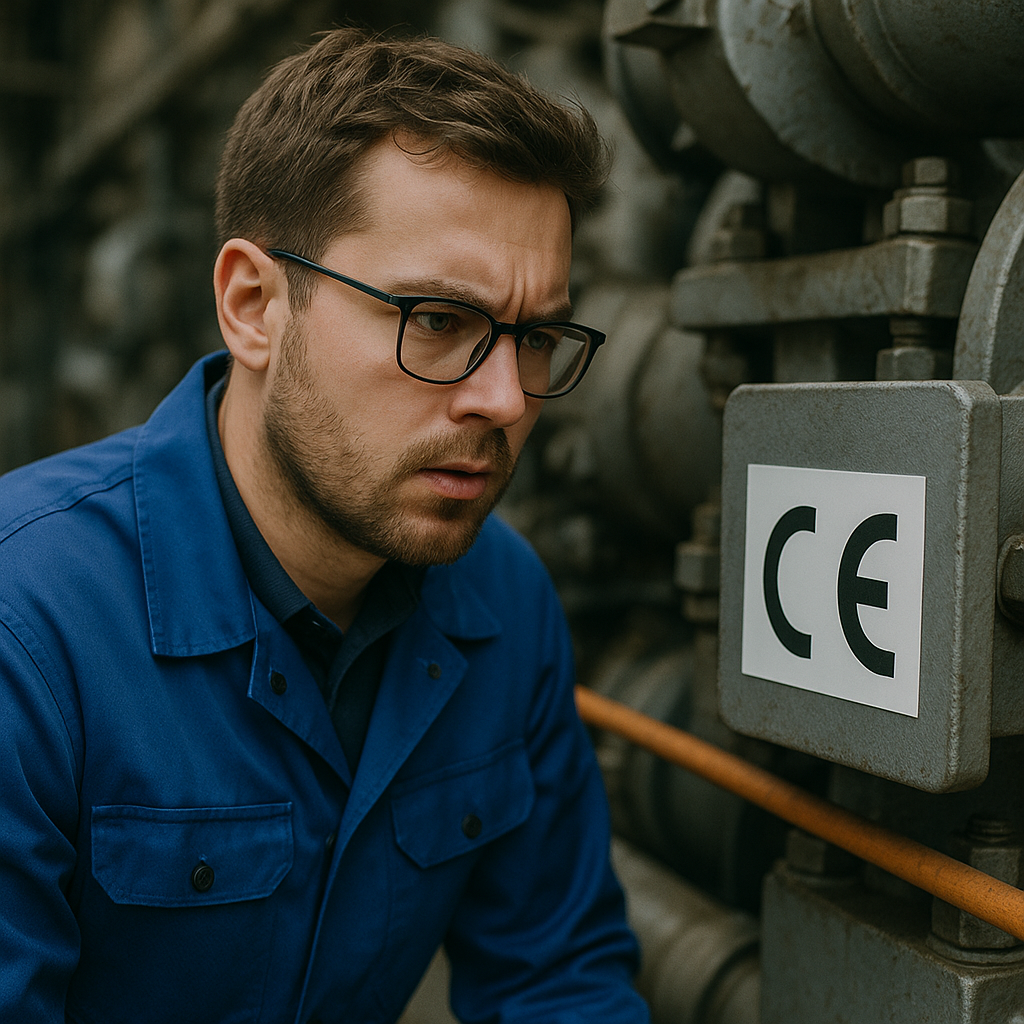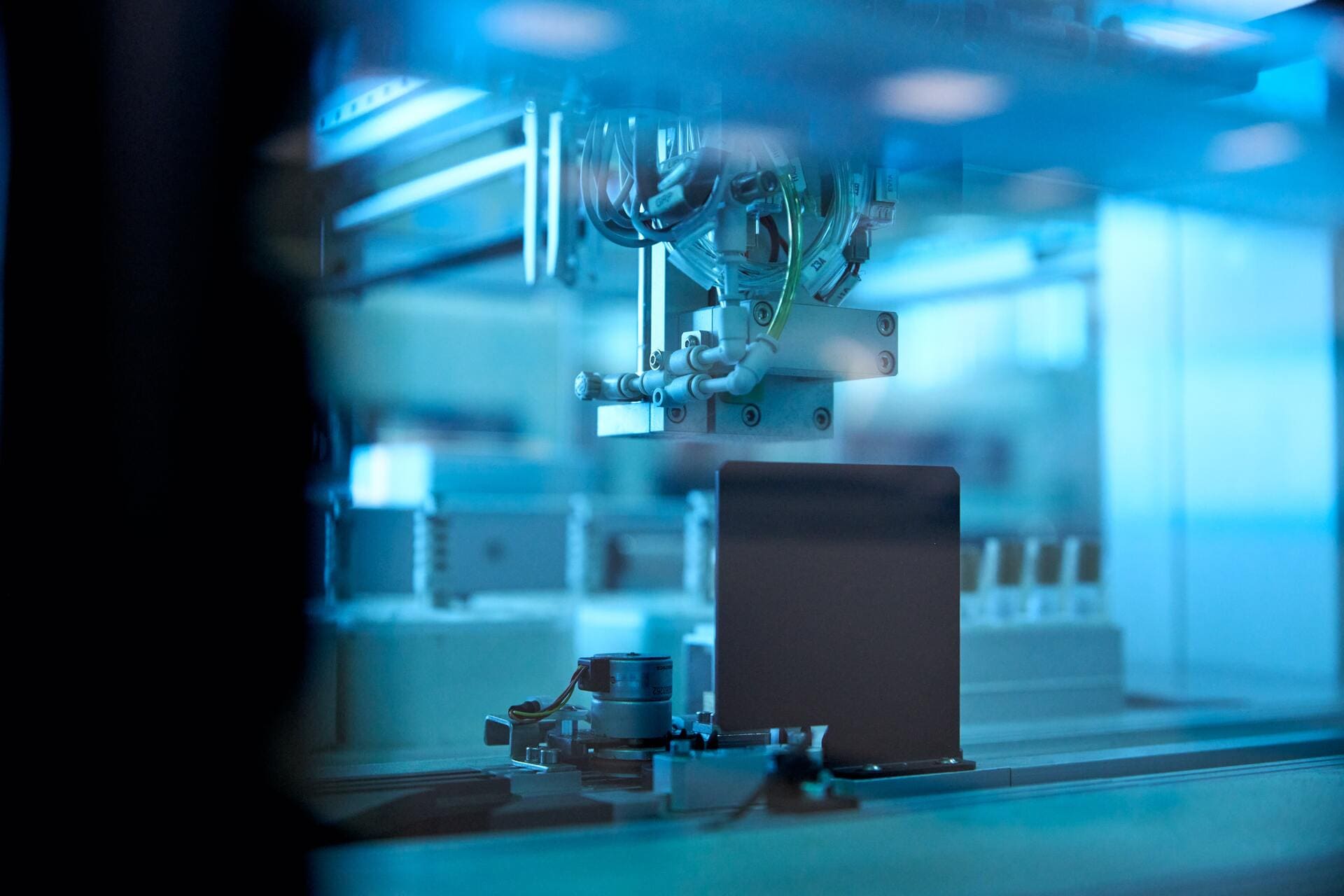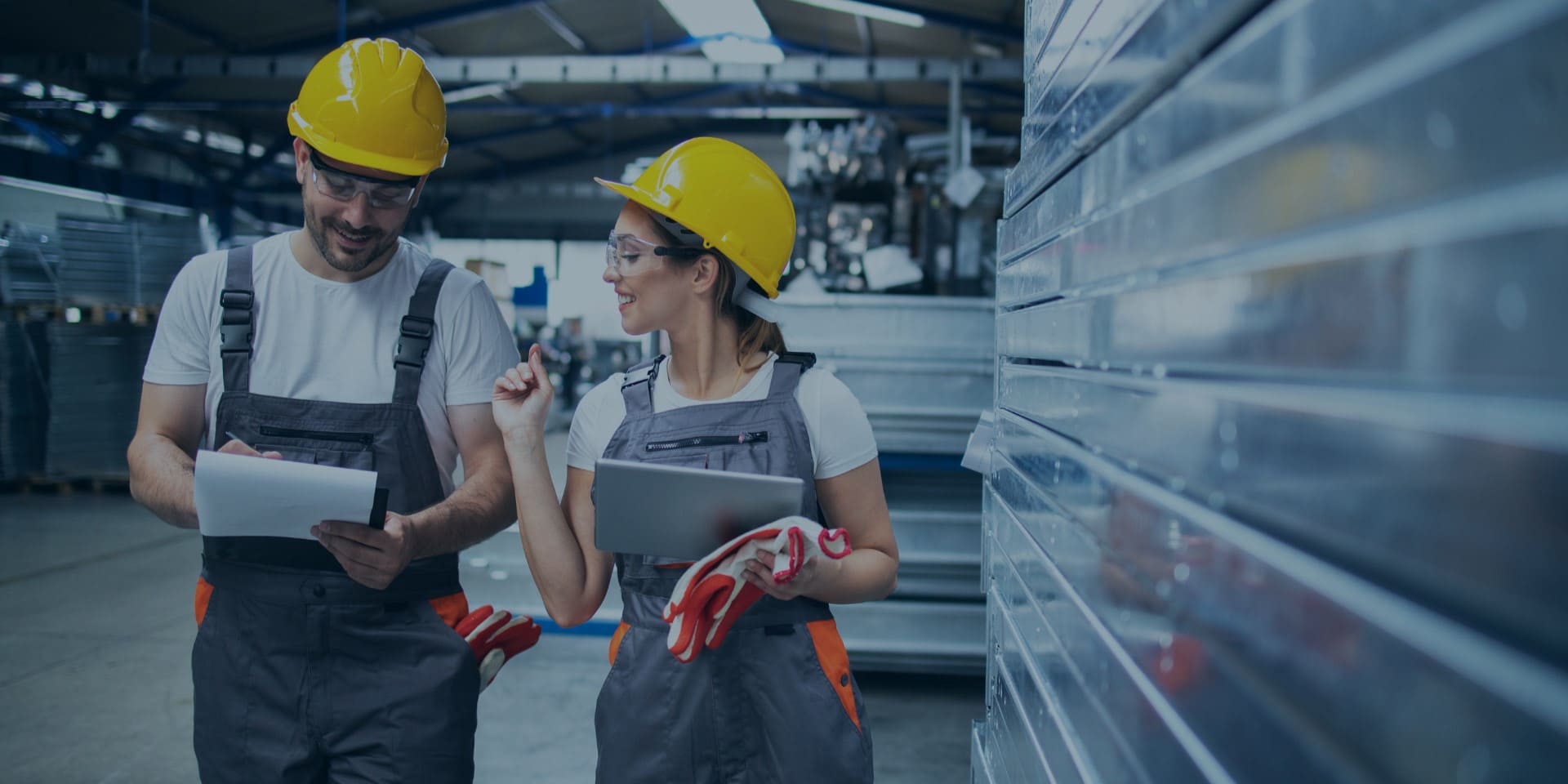Advantages of automatic programming in control development
Advantages of automatic programming In the control development process, programming is a critical step that often takes time and resources....
2 min read
 DI Markus Gruber
:
Sep 24, 2025 10:38:35 AM
DI Markus Gruber
:
Sep 24, 2025 10:38:35 AM

The new EU Machinery Regulation (2027) will come into force on January 20, 2027.
It will fundamentally change the mechanical engineering industry: in addition to the hardware, the control software of a machine will also be subject to legal scrutiny for the first time.
The following will apply in future:
All control logic must be documented, traceable and verifiable.
During an audit, all control logic must be evident beyond doubt.
What is still considered a "functioning machine" today will quickly become a black box with serious consequences for product safety, liability and competitiveness.
The regulation requires all market participants to ensure:
Additionally, control systems must be designed so that errors do not create uncontrollable risks or lead to hazardous situations.
Without this evidence, CE marking will no longer be valid in future.
This brings not only the technical functionality but also the regulatory traceability of a machine into focus.
Read more here.
"In many production facilities, the control code has so far been essentially a black box, often lacking complete documentation and containing unclear processes or undefined states," explains Markus Gruber, founder of Selmo Technology. "Such vulnerabilities pose not only technical risks, but can also lead to legal consequences in the future. "
The EU Machinery Regulation applies not only to new machines. Anyone who substantially modifies their machines or changes them through software updates must treat them as if they were new, including conducting a new conformity assessment. This means companies must be able to demonstrate at any time that their machines comply with the current requirements.
For manufacturers, operators, and CEOs, this means they will need to prove in the future exactly what their machines do— in every state and at every moment.
The fact is: the majority of today's machine control systems would not be auditable.
Documentation is incomplete or entirely missing.
Changes to the code are difficult to trace.
Undefined states occur regularly.
The Consequence: loss of CE marking, along with legal risks, including personal liability.
With our patented technology, we have developed the answer: model-based programming.
A model as the basis for the code.
Control code is automatically generated from a defined process model.
Automatic documentation.
Every line of code is traceable and all changes are traceable.
Full auditability.
Every machine status can be clearly verified.
Real-time monitoring.
Deviations from the target process are detected immediately, risks are minimized and root causes are analysed.
This way, the control software automatically meets the requirements of Maschinery Regulation 2027 - auditable, legally compliant and fully transparent.
EU Machinery Regulation 2027 is not just a regulatory challenge - it is alos a driver for quality, safety and transparency.
Companies that take action now
reduce their liability risks,
secure their CE conformity,
and gain a clear competitive advantage.
Those who wait until 2027 will be too late.
Those who start with Selmo today are ahead of the competition.
The EU Machinery Regulation 2027 puts an end to black box programming.
From 2027, it will no longer be enough for a machine to simply "work". It must be traceable, documented and fully auditable.
With our technology, we provide the solution today:
Fully defined processes
Automatically generated code
Traceable, documented machine logic
Legal certainty and future-proofing in one
This makes Selmo not only the answer to legal requirements, but also the European standard for smart, safe and efficient machine control.


Advantages of automatic programming In the control development process, programming is a critical step that often takes time and resources....

The persistent Challenge for companies Manufacturing companies significantly contribute to the competitiveness of a country. However, they are...
.png)
Optimizing machines and production processes is a crucial factor for a company's success across the entire industry. In this blog post, we explain...